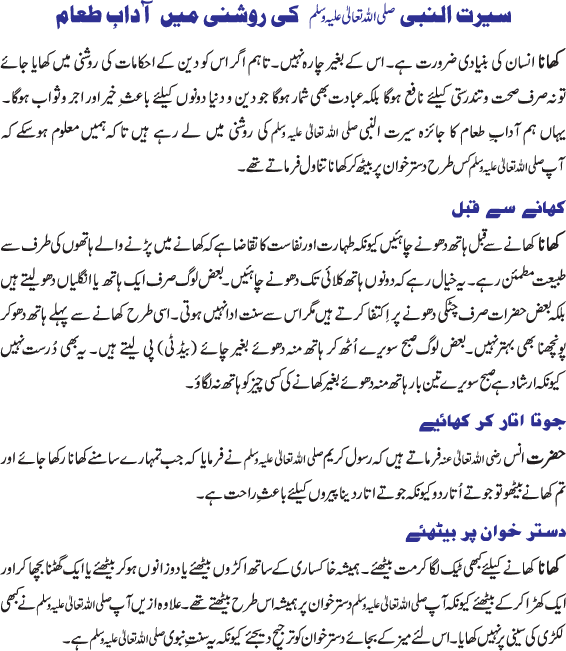We would like to stress that udhiyah is one of the great rituals of Islam, in which we remember the Oneness of Allah, His Blessings upon us and the obedience of our father Ibrahim to his Lord, and in this act of udhiyah there is much goodness and blessing. So the Muslims must pay attention to its great importance. The following is a brief look at this important ritual. Udhiyah refers to the animal (camel, cattle or sheep) offered as a sacrifice, and it is an act of worship dedicated solely to gain Allah’s pleasure. Udhiyah takes place in the country in which the person offering the sacrifice lives, during the period from after the Eid prayer on the Day of Nahr or Eid Al-Adha until the last of the Days of Tashreeq (the 13th day of Dhu’l-Hijja), with the intention of offering sacrifice. Allah says: Therefore turn in prayer to your Lord and sacrifice (to Him only). (108:2)
He also says: Say (O Muhammad – peace be upon him ): “Verily, my Salat (prayer), my sacrifice, my living and my dying are for Allah, the Lord of the Aalamin (mankind, jinn and all that exists). (6:162)
“And for every nation We have appointed religious ceremonies, that they may mention the Name of Allah over the beast of cattle that He has given them for food. And your Ilah (God) is One Ilah (God Allah) so you must submit to Him Alone (in Islam)” (22:34)
Udhiyah is a confirmed Sunnah or Sunnah Muakkadah according to the majority of scholars (some scholars say that it is wajib or obligatory).
The basic principle is that it is required at the appointed time from one who is alive on behalf of himself and the members of his household, and he may include in the reward whoever he wishes, living or dead.
Conditions of Udhiyah
1) The animal should have reached the required age, which is six months for a lamb, one year for a goat, two years for a cow and five years for a camel.
2) It should be free of any faults, because the Prophet (peace be upon him) said : “There are four that will not do for sacrifice: a one-eyed animal whose defect is obvious, a sick animal whose sickness is obvious, a lame animal whose limp is obvious and an emaciated animal that has no marrow in its bones.” (Sahih Al-Jami, no. 886). There are milder defects that do not disqualify an animal, but it is makrooh to sacrifice such animals, such as an animal with a horn or ear missing, or an animal with slits in its ears, etc. Udhiyah is an act of worship to Allah, and Allah is Good and accepts only that which is good. Whoever honors the rites of Allah, this has to do with the piety of the heart.
3) It is forbidden to sell it. If an animal has been selected for sacrifice, it is not permissible to sell it or give it away, except in exchange for one that is better. If an animal gives birth, its offspring should be sacrificed along with it. It is also permissible to ride it if necessary. The evidence for this is the report narrated by Al-Bukhari and Muslim from Abu Hurairah (may Allah be pleased with him) who said that the Messenger of Allah (peace be upon him) saw a man leading his camel and told him, “Ride it.” He said, “It is for sacrifice.” The Prophet (peace be upon him) said: “Ride it” a second or third time.



